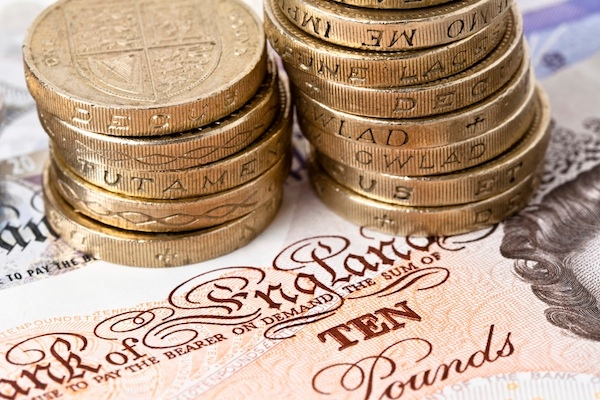Inflation fell to 0.3 per cent in January, the lowest level since records began in 1989. As the above chart shows, the government’s target of two per cent CPI inflation is now a long way off. The ONS has attributed the slow down to falling fuel and food prices — the latter is thanks to the on-going supermarket price wars.
As Citibank’s Michael Saunders explains in his invaluable economics briefing (pdf), the weakness is concentrated in food, fuel and energy. Excluding energy, tobacco and alcohol, the year-on-year inflation level was 1.4 per cent, up from 1.3 per cent a year ago:

Although inflation year-on-year has already sunk to a record low, the Bank of England said last week we could see inflation fall ever further into negative territory for the first time in 50 years. Saunders agrees with this prediction, noting that he expects it to drop as the reduced cost of energy filters through to household bills. The prospect of negative inflation may be appear concerning but strong economic growth, coupled with the expected rise in pay, should mean that a deflationary spiral is avoided.
The political reaction is what you’d expect. The Lib Dems are pleased with this news, with Chief Secretary to the Treasury Danny Alexander warning that a Labour or Conservative majority government would ‘lurch Britain away from the centre ground’:
‘With Liberal Democrats anchoring economic policy in the centre ground, and with record employment, strong growth, rising wages and low inflation Britain has a golden opportunity to enjoy a long and sustained recovery’
And Labour isn’t happy with the ‘deep-seated problems in our economy’. Shadow Treasury minister Cathy Jamieson warns:
‘Inflation is falling around the world because global oil prices have plummeted. But in Britain wages continue to be sluggish and working people are £1,600 a year worse off under this government.’






Comments